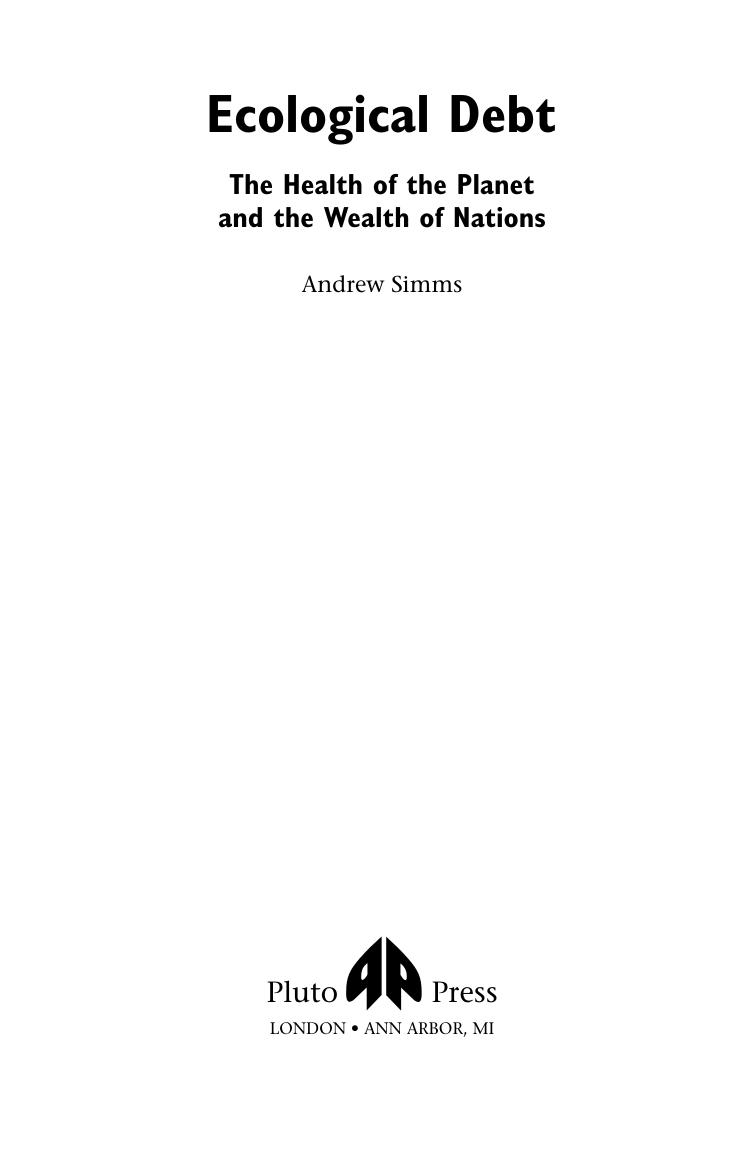Ecological Debt by Andrew Simms

Author:Andrew Simms [Andrew Simms]
Language: eng
Format: epub, pdf
ISBN: isbn9781783710591
Publisher: Pluto Press
10
Data for the Doubtful: the Lessons of War Economies
History teaches nothing, but only punishes for not learning its lessons.
Vassily Kliuchesky1
I have been charged with attempting to apply totalitarian methods to a free community. No criticism could be more misdirected. In a totalitarian state the problem of the distribution of sacrifice does not exist … It is only in a free community that the task of government is complicated by the claims of social justice … The aim of these pages is, therefore, to devise a means of adapting the distributive system of a free community to the limitations of war.
J.M. Keynes, How to Pay for the War, 19402
Decades after the last artillery was fired in anger on the fields of Belgium during the First World War of 1914–18, their shells keep killing people.3 Farmers who plough the difficult clay soil of the old battlefields still unearth unexploded ordnance. In 1983 a ‘muffled explosion’ near the village of Loker announced that Jacques Covemeacker’s tractor had hit a bomb. It killed him leaving a son and widow. No one knew if the shell was German or Allied. In a 25 km radius around the town of Ypres alone, 350 tonnes of explosives are recovered every year. A specialist bomb disposal squad called the Dovos get called out 15 times every day, another 30 requests for help are logged. Belgian authorities estimate it will take 150 years to clear the rest away.
To misquote a famous speech from the Hollywood film Gladiator, we should be careful what we do in life because our actions echo long after we die. Greenhouse gases that we put into the atmosphere today will continue to disrupt the climate causing even greater upheaval than the First World War’s unexploded bombs. That is one parallel. But there is a more optimistic lesson from such tragic events that we may be ‘punished’ for not learning.
When governments really want to, they can do almost anything, including good things. That is the simple point of this chapter. However enormous the task, if a convincing case for necessary action can be made, anything is possible. More recent history demonstrates that whole economies can be re-geared in short periods of time, which is exactly the demand global warming makes of us. The British Prime Minister Tony Blair said, for example, we needed to reduce emissions by 60 per cent by 2050. If not probable, the past says it is possible.
You don’t have to be a fan of war to learn from conflict. War focuses the mind of government to a striking and instructive degree. Could it be that the experience of social and military mobilisation in wartime might answer the biggest question to do with global warming: are we capable of changing our lifestyles and economies enough and in time to stop it?
The enemy is not another country, but a hostile atmosphere that needs to be disarmed of its increasingly violent arsenal of droughts, floods and storms. Can it happen? The greatest challenge of sustainable development is to reduce consumption levels in rich countries.
Download
This site does not store any files on its server. We only index and link to content provided by other sites. Please contact the content providers to delete copyright contents if any and email us, we'll remove relevant links or contents immediately.
| Anthropology | Archaeology |
| Philosophy | Politics & Government |
| Social Sciences | Sociology |
| Women's Studies |
The Secret History by Donna Tartt(19088)
The Social Justice Warrior Handbook by Lisa De Pasquale(12190)
Thirteen Reasons Why by Jay Asher(8910)
This Is How You Lose Her by Junot Diaz(6887)
Weapons of Math Destruction by Cathy O'Neil(6280)
Zero to One by Peter Thiel(5802)
Beartown by Fredrik Backman(5754)
The Myth of the Strong Leader by Archie Brown(5507)
The Fire Next Time by James Baldwin(5446)
How Democracies Die by Steven Levitsky & Daniel Ziblatt(5219)
Promise Me, Dad by Joe Biden(5153)
Stone's Rules by Roger Stone(5088)
A Higher Loyalty: Truth, Lies, and Leadership by James Comey(4964)
100 Deadly Skills by Clint Emerson(4925)
Rise and Kill First by Ronen Bergman(4789)
Secrecy World by Jake Bernstein(4753)
The David Icke Guide to the Global Conspiracy (and how to end it) by David Icke(4720)
The Farm by Tom Rob Smith(4513)
The Doomsday Machine by Daniel Ellsberg(4490)
